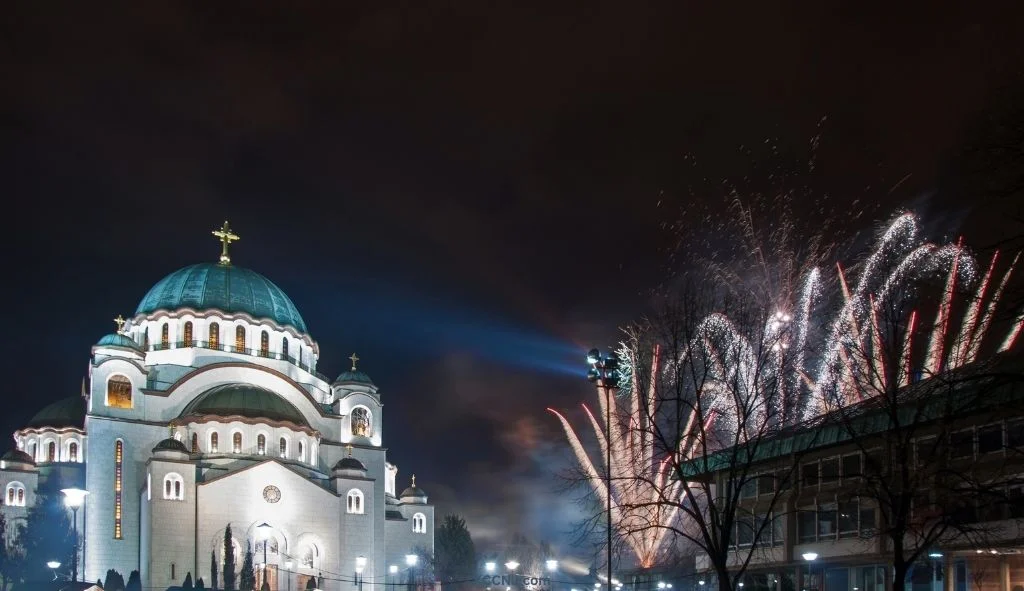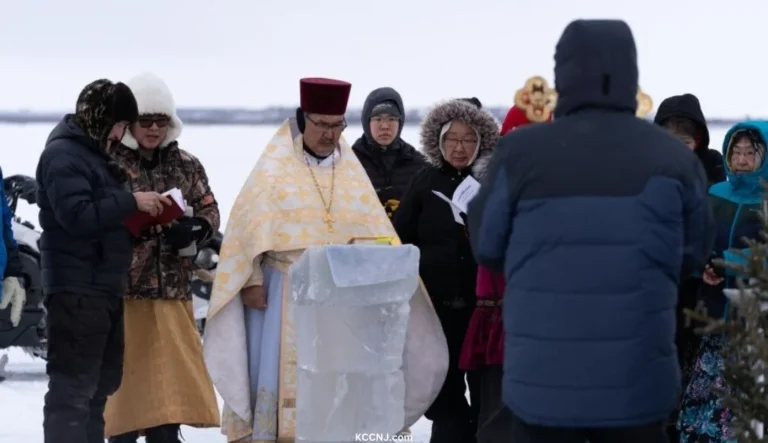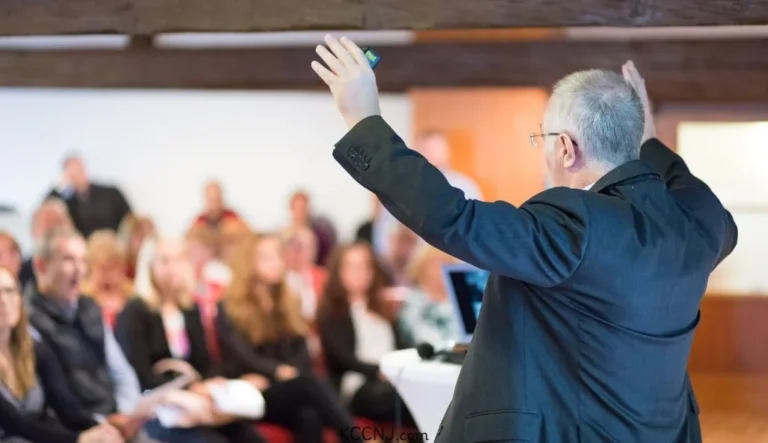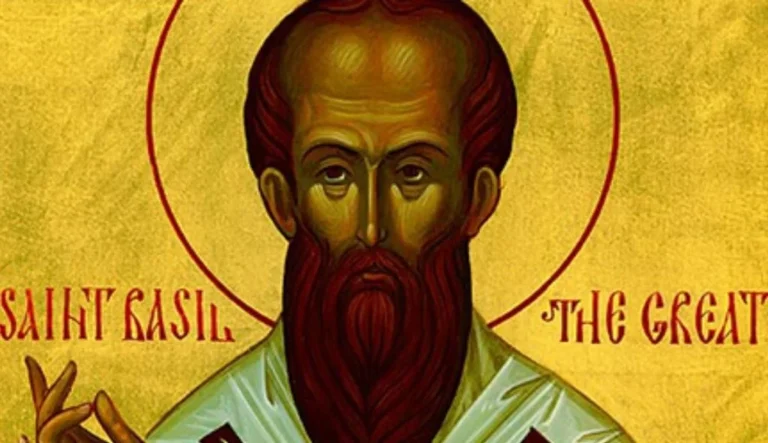Orthodox New Year 2025: Traditions, Prayers & Celebrations
Orthodox New Year 2025 falls on January 14th, following the Julian calendar. It’s celebrated by Orthodox Christians worldwide with church services, family gatherings, and traditional meals, marking the start of the new year according to their faith.
Orthodox New Year: An Overview
Orthodox New Year, also known as the Old New Year, is a significant holiday for Orthodox Christians around the world. This celebration occurs on January 14th according to the Gregorian calendar, which corresponds to January 1st in the Julian calendar. The difference in dates stems from the historical use of different calendar systems.
Historical Background
The Julian calendar, introduced by Julius Caesar in 46 B.C., was the primary calendar used for over 1,600 years. However, due to its slight inaccuracies, Pope Gregory XIII introduced the Gregorian calendar in 1582 to correct these discrepancies. While most of the world adopted the Gregorian calendar, the Orthodox Church chose to continue using the Julian calendar for religious observances.
Significance in Orthodox Faith
For Orthodox believers, the New Year celebration is not just a change in the calendar year but also a time for spiritual reflection and renewal. It’s a moment to look back on the past year with gratitude and to set intentions for the coming year, all within the context of their faith.
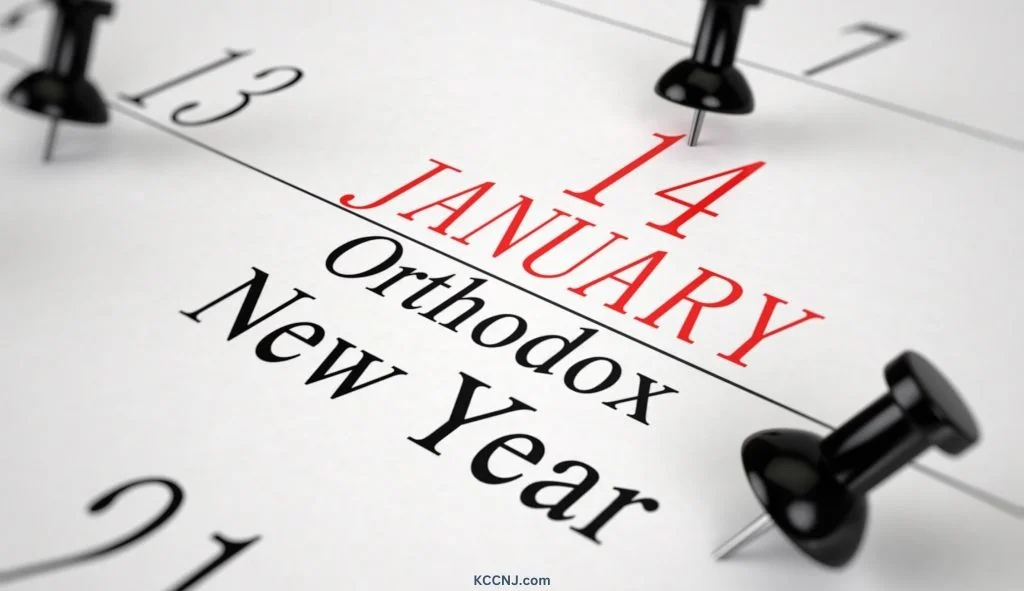
Traditions and Celebrations
Orthodox New Year celebrations blend religious observances with cultural traditions, creating a unique and meaningful holiday experience.
Religious Services
Many Orthodox Christians begin their New Year celebrations by attending special church services. These services often include:
- Prayers for blessings in the new year
- Liturgical readings
- Hymns and chants specific to the New Year
Family Gatherings
Family plays a central role in Orthodox New Year celebrations. Traditions often include:
- Preparing and sharing traditional meals
- Exchanging gifts
- Reflecting on the past year and setting goals for the new one
Traditional Foods
Food is an essential part of Orthodox New Year celebrations, with many dishes carrying symbolic meanings:
- Kutya: A porridge made of grain, honey, and poppy seeds, symbolizing hope, happiness, and success
- Olivier salad: A popular Russian potato salad, considered a must-have on the New Year table
- Traditional breads: Often baked with a coin hidden inside, believed to bring good fortune to the finder
Cultural Variations
While the core of the celebration remains the same, different Orthodox communities have developed their own unique traditions:
- In Serbia, fireworks displays are organized by the Serbian Orthodox Church
- In North Macedonia, people gather around bonfires in their neighborhoods, singing traditional songs
- In Russia, it’s customary to stay awake on New Year’s night, as sleeping is believed to bring an unexciting year
Orthodox New Year 2025: Dates and Observances
Orthodox New Year in 2025 will be celebrated on Tuesday, January 14th. This date remains constant in the Gregorian calendar until 2100, after which it will shift to January 15th due to the ongoing discrepancy between the Julian and Gregorian calendars.
Global Observances
While Orthodox New Year is not a public holiday in most countries, it is widely observed by Orthodox Christian communities around the world:
- In Russia, it’s known as the “Old New Year” and is celebrated with festive dinners and gatherings
- In Serbia, it’s referred to as the “Serbian New Year” and is marked with fireworks and live music events
- In the United States and other Western countries, Orthodox communities often hold special church services and cultural events
Orthodox New Year in the United Kingdom
In the UK, Orthodox New Year has gained recognition with the arrival of Orthodox Christian communities from Eastern Europe. While not a public holiday, many Orthodox Christians in the UK observe this day through:
- Special church services
- Family gatherings
- Traditional meals and customs from their home countries
This celebration serves as a way for these communities to maintain their cultural and religious heritage while living in the UK.
Prayers and Religious Observances
Prayer plays a central role in Orthodox New Year celebrations, offering a time for spiritual reflection and renewal.
New Year’s Eve Prayers
Many Orthodox churches hold special prayer services on New Year’s Eve. These services typically include:
- The Midnight Prayer
- Praises and hymns specific to the New Year
- Reflections on the past year and hopes for the new one
Liturgical Celebrations
On January 14th, Orthodox churches often celebrate the Divine Liturgy, marking the first day of the new year according to the Julian calendar. This service includes:
- Readings from scripture
- Prayers for blessings in the new year
- Holy Communion
Personal and Family Prayers
In addition to church services, many Orthodox Christians engage in personal and family prayers during this time. These may include:
- Gratitude for the blessings of the past year
- Requests for guidance and protection in the new year
- Prayers for peace and well-being for family, community, and the world
Cultural Significance and Modern Celebrations
While deeply rooted in religious tradition, Orthodox New Year celebrations have evolved to incorporate modern elements and hold significance beyond the religious sphere.
Preserving Cultural Identity
For Orthodox communities living in non-Orthodox countries, celebrating the Old New Year serves as a way to:
- Maintain connections to their cultural heritage
- Pass down traditions to younger generations
- Foster a sense of community among diaspora populations
Blending Traditions
Many families and communities find ways to blend Orthodox New Year traditions with those of their adopted countries:
- Celebrating both the Gregorian New Year on January 1st and the Orthodox New Year on January 14th
- Incorporating local customs into traditional Orthodox celebrations
- Sharing Orthodox New Year traditions with non-Orthodox friends and neighbors
Modern Celebrations
While maintaining its religious core, Orthodox New Year celebrations have adapted to modern times:
- Social media plays a role in connecting Orthodox communities worldwide
- Many restaurants and venues in areas with large Orthodox populations offer special New Year events
- Some workplaces in diverse communities recognize this holiday, allowing time off for observance
Orthodox New Year Around the World
The celebration of Orthodox New Year varies across different countries and cultures, each adding its own unique flavors to the tradition.
Russia
In Russia, Orthodox New Year is widely celebrated and known as the “Old New Year”:
- Many Russians enjoy a second round of New Year festivities
- Traditional foods like Olivier salad and herring under a fur coat are popular
- Ded Moroz (Grandfather Frost), the Russian equivalent of Santa Claus, is an important figure in celebrations
Serbia
Serbian Orthodox New Year, celebrated on January 14th, is a significant cultural event:
- The Serbian Orthodox Church organizes fireworks displays in Belgrade
- Many restaurants and clubs host special New Year events
- Traditional Serbian foods and music are central to the celebrations
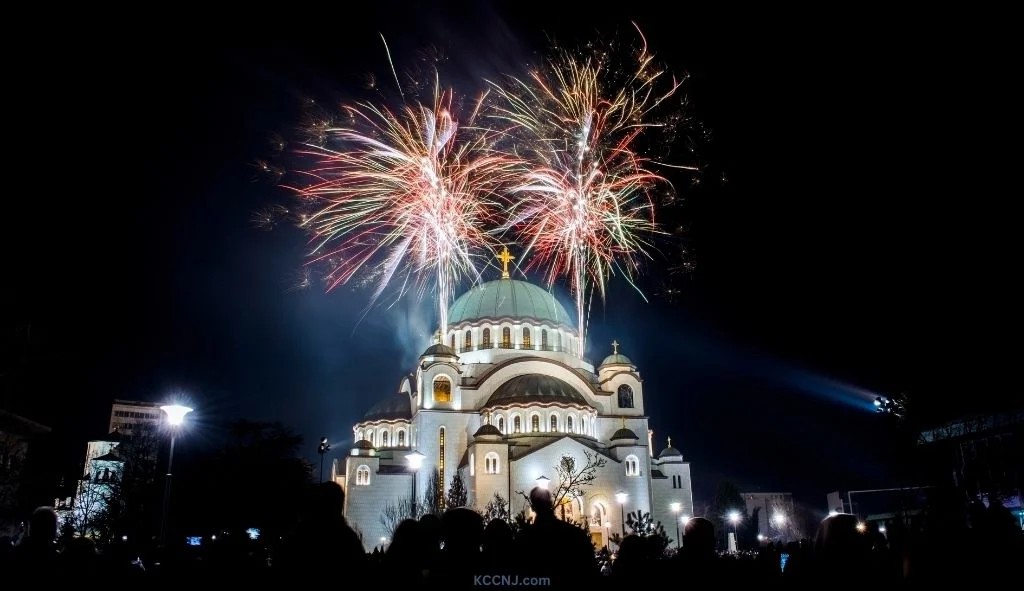
Ukraine
In Ukraine, Orthodox New Year is known as Malanka:
- It’s celebrated with caroling, costume parties, and traditional folk performances
- The holiday often includes the reenactment of a folk play featuring characters from Ukrainian folklore
- Special dishes like kutia (a sweet grain pudding) are prepared
Greece
While Greece officially follows the Gregorian calendar, some Greek Orthodox communities still celebrate the Old Calendar New Year:
- It’s a more low-key celebration compared to the January 1st New Year
- Some families exchange gifts on this day rather than on Christmas
- Traditional foods like vasilopita (a sweet bread with a hidden coin) are enjoyed
North Macedonia
In North Macedonia, Orthodox New Year celebrations include unique local traditions:
- People gather around bonfires in their neighborhoods
- Traditional Macedonian music and dance are part of the festivities
- Families prepare pita bread with a hidden coin, believed to bring good luck to the finder
Download Orthodox Christmas Cards
FAQs
Here are some frequently asked questions about Orthodox New Year:
Why is Orthodox New Year celebrated on January 14th?
Orthodox New Year is celebrated on January 14th because it corresponds to January 1st in the Julian calendar, which is still used by some Orthodox churches for religious observances.
Is Orthodox New Year a public holiday?
Orthodox New Year is not a public holiday in most countries. However, it is widely observed by Orthodox Christian communities around the world.
What are some traditional Orthodox New Year foods?
Traditional foods vary by country but often include special breads, salads like Olivier salad, and symbolic dishes like kutia (a sweet grain pudding).
How do Orthodox Christians celebrate the New Year?
Orthodox Christians typically celebrate with church services, family gatherings, traditional meals, and cultural customs specific to their communities.
Can non-Orthodox people participate in Orthodox New Year celebrations?
Yes, non-Orthodox people can often participate in Orthodox New Year celebrations. Many communities welcome guests to their events and services.
How long does the Orthodox New Year celebration last?
The main celebration is on January 14th, but some traditions and observances may extend for several days before or after this date.

